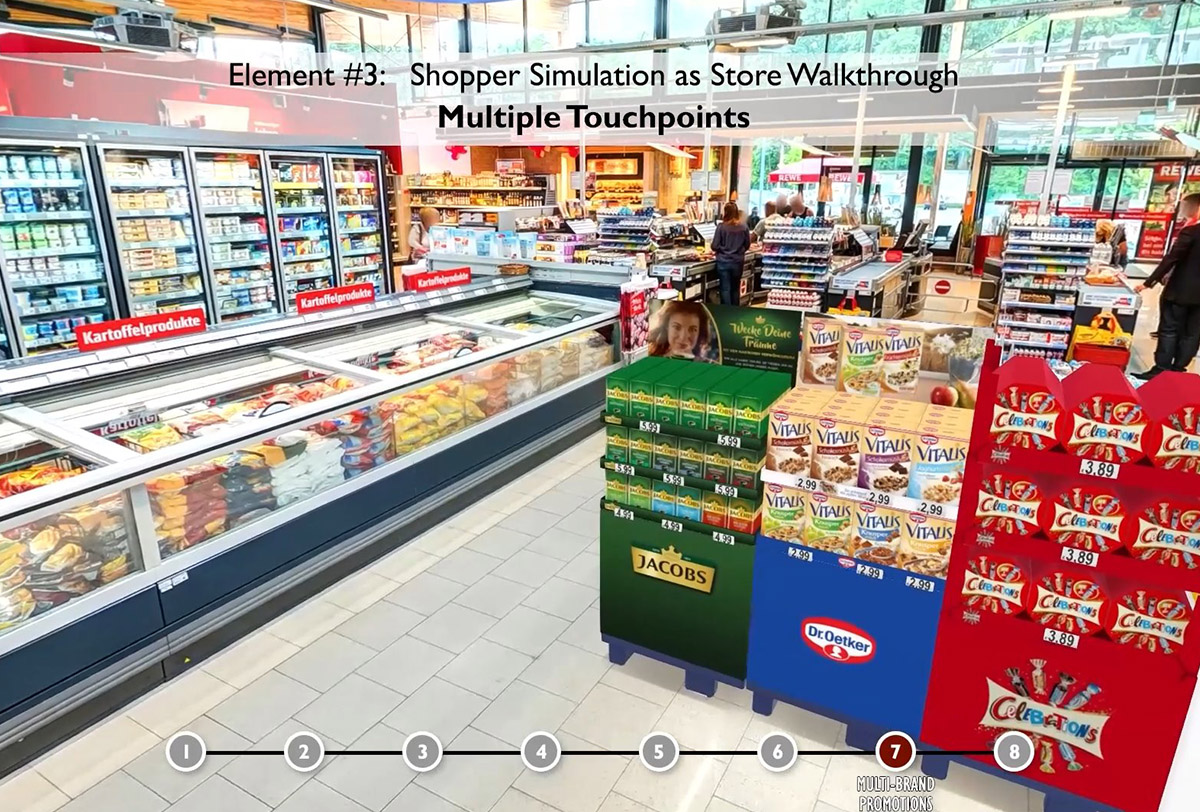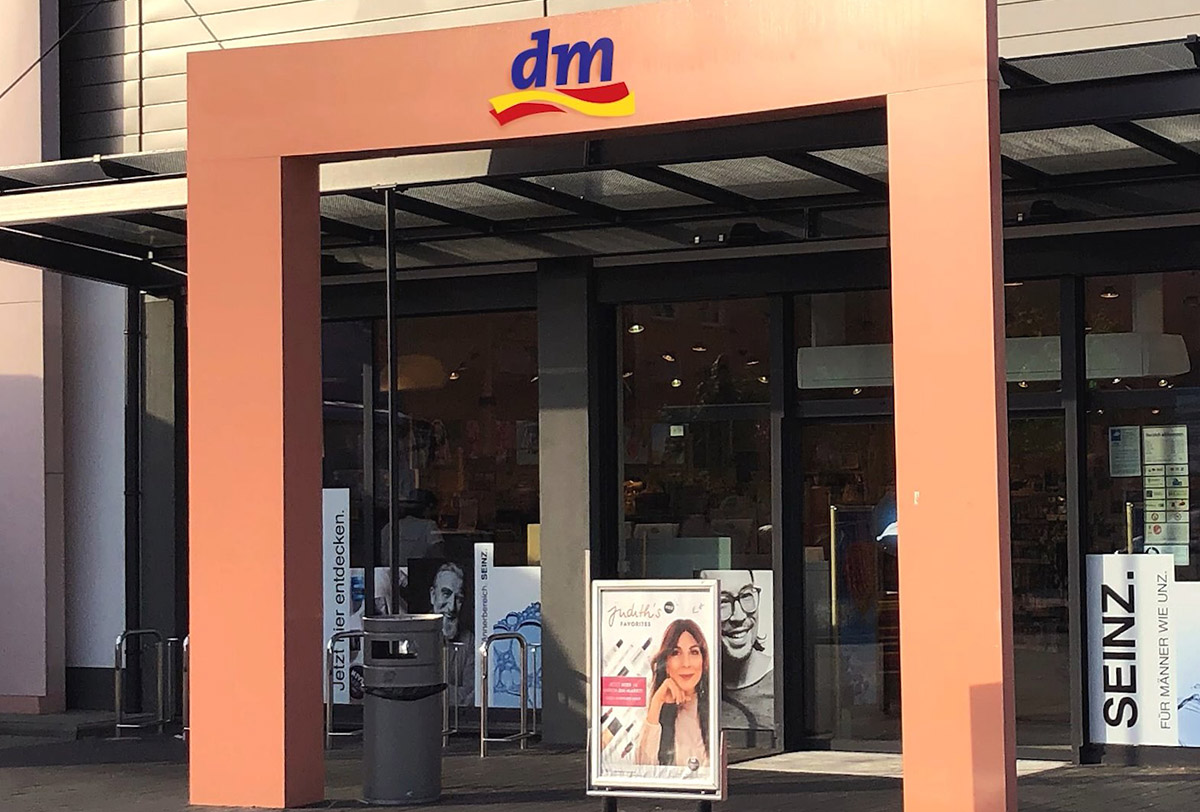Optimal Price Pack
Architecture
Businesses need to provide the right product format, pack and price to cater to different purchase occasions and purchase types by channels. With large numbers of SKUs, it becomes complex to achieve this. 4Dshopper‘s advanced analytics can help businesses identify.
- Optimal pricing points for the SKUs and portfolio to achieve
- Price responsiveness and effective price ranges of packs
- Best pack sizes by retailer and channel
- Required price spread for single-packs vs multi-packs
- Expected sales potential of new products, and cannibalisation risks to the existing assortment
- Gaps in the market and opportunities to evolve current products



 dm, Austria
dm, Austria 

























